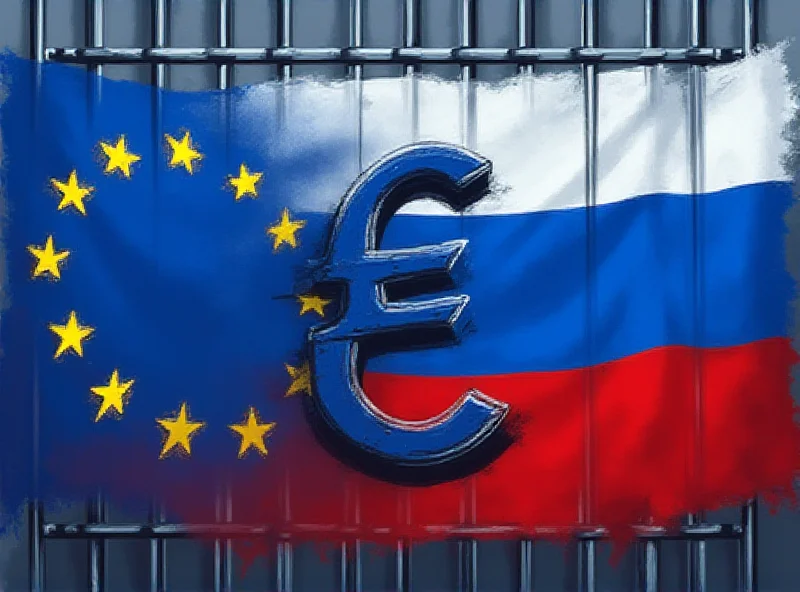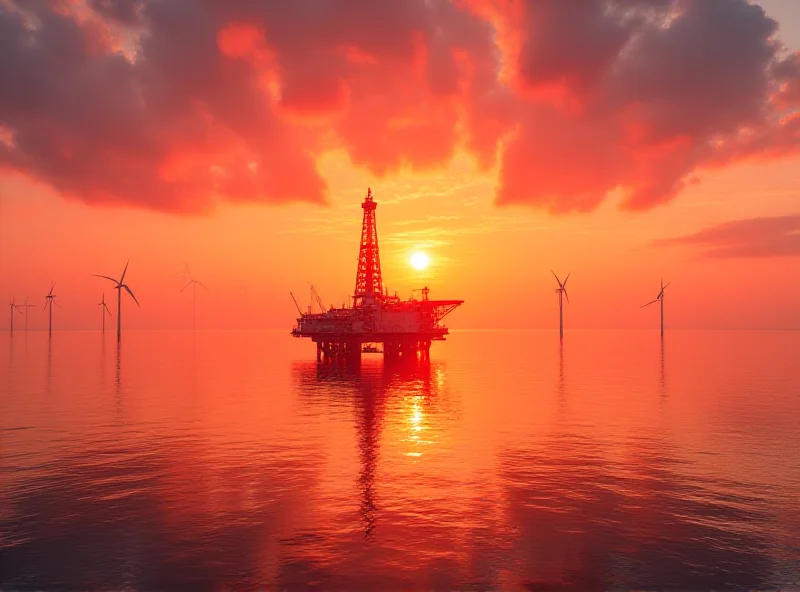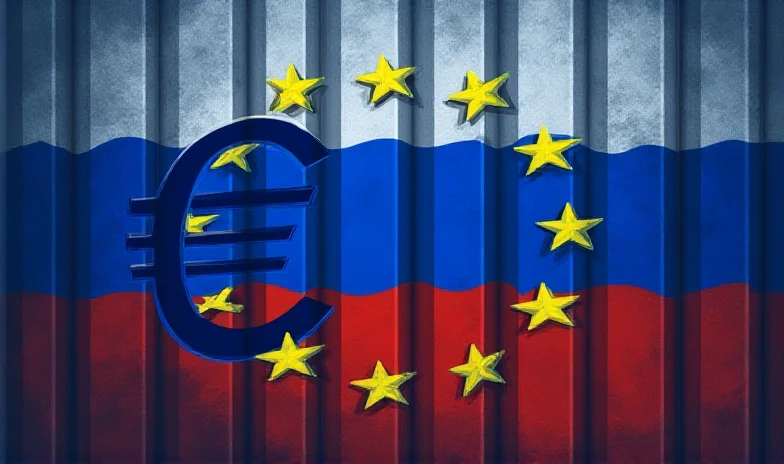Europe is weighing a significant financial move that could provide substantial support to Ukraine. Leaders are considering allocating approximately $218 billion in frozen Russian assets to aid the country, marking a pivotal shift amid ongoing geopolitical tensions. This decision comes as Ukraine continues to navigate the challenges posed by the conflict.

Frozen Assets as a Tool
The potential allocation of these frozen assets is being viewed as a powerful tool to support Ukraine. Some argue it's a necessary step to counteract Russian aggression. "If European leaders want to truly support Ukraine they must seize the moment by seizing $220bn in assets," stated one commentary. This move could provide vital financial resources to help Ukraine rebuild and defend itself.
Meanwhile, critics of the U.S.'s approach to the conflict are becoming more vocal. Claims of disinformation and a betrayal of Ukraine are surfacing, adding another layer of complexity to the situation. The debate continues on the best course of action to support Ukraine and address the root causes of the conflict.

Challenges for Ukrainian Drone Makers
Amidst the geopolitical landscape, Ukrainian companies like Athlon Avia are playing a crucial role. Athlon Avia produces the A1-CM Furia reconnaissance drone and the ST-35 Silent Thunder loitering munition. These advanced unmanned aerial systems are vital for reconnaissance and defense.
However, the drone industry faces significant challenges. Securing funding, navigating regulatory hurdles, and keeping pace with technological advancements are just a few of the obstacles. Despite these challenges, Athlon Avia and other Ukrainian drone makers are committed to innovation and providing crucial support to their country.
UK's North Sea Energy Strategy
Shifting focus to the UK, the government has unveiled proposals that could ease the tax burden on the offshore oil and gas sector. However, this comes with a significant condition: a ban on new drilling licenses as part of a pledge to "unleash the North Sea’s clean energy future."

The "windfall" tax on North Sea drillers, introduced in 2022 to help support households facing rising energy bills after Russia’s invasion of Ukraine, would be scrapped from 2030. This move has been met with a cautious welcome from the gas and oil industry. The UK hopes to balance its energy needs with its commitment to a cleaner future.
These developments highlight the complex interplay of geopolitical events, financial decisions, and energy policies shaping the future of Europe and beyond.
